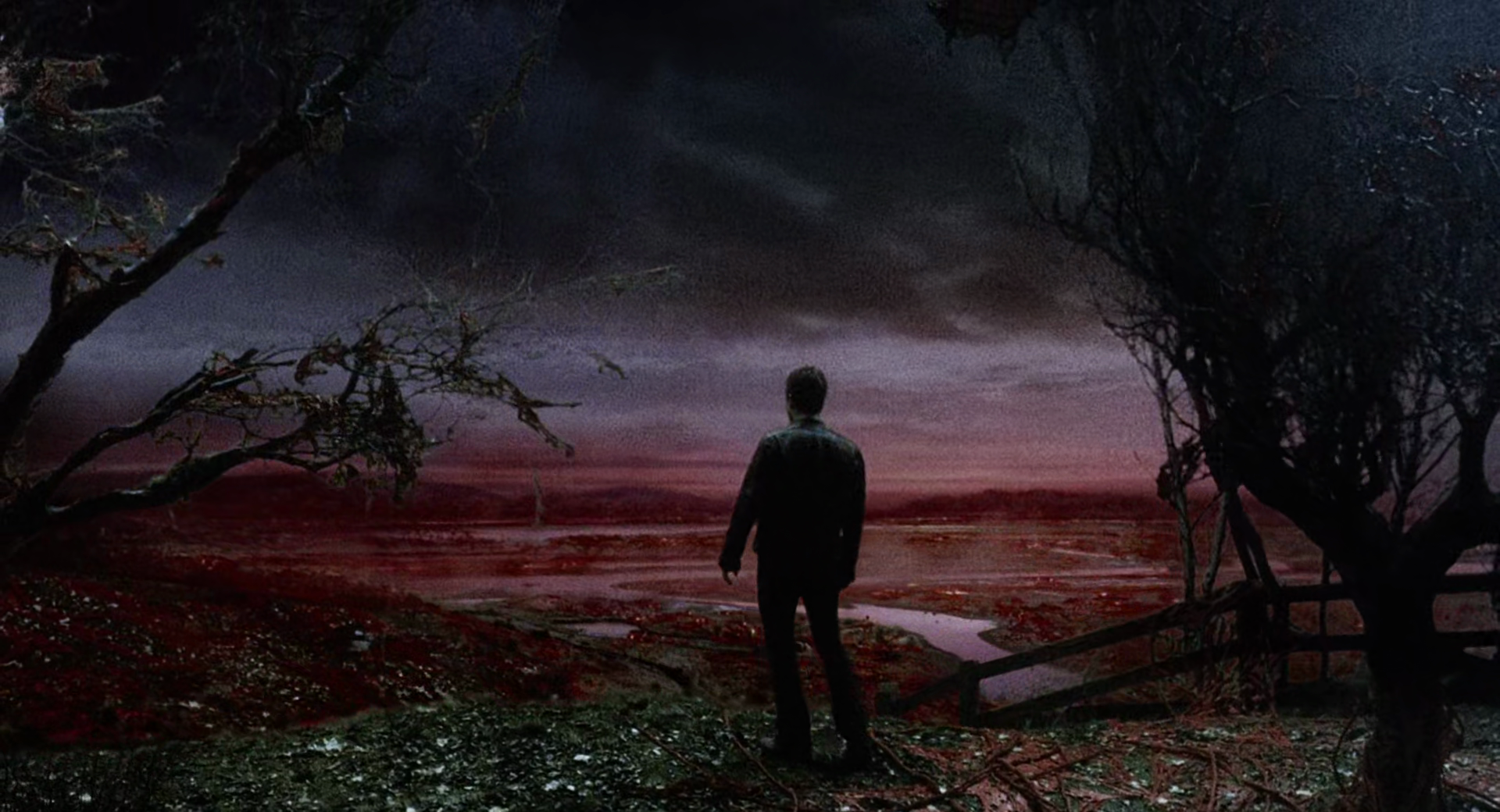War of the Worlds

Originally published on 19/07/22 on Letterboxd.
Undeniably a reflex response to the implosion of supposedly hermetically-sealed American suburbia in the aftermath of 9/11, and in many ways this is a deeply, almost virulently, reactionary text- consider the framing of the US military as saviours taking down unnamed invaders with javelin missiles (wouldn't be difficult to link this to the introduction of stinger missiles in Afghanistan as a tide-turning military factor) and the ascribing of survival to the all-knowing wisdom of a divine entity. Even the brazenly jingoistic paranoia of those intending to somehow fight back is given credence- Robbie survives, despite the shellshock highlighted earlier on that seemed to suggest that, like the naive young men running in droves to be recruited in the Iraq war, he too would become a victim of the military-industrial complex.
That being said, however, there's a far more interesting thread of concern being pursued here in the form of post-Y2K alienation and social fragmentation. As in AI, Spielberg hones in on communication as central to survival- after all, it's David's adopted parents' inability to communicate with David that sows the seeds of fragmentation, ultimately leading to David being abandoned. The only way he can make sense of what's happening to him is via the visual and linguistic framework of a fairytale- an android gigolo as his Jiminy cricket, an AI program as his Oz, and a city struck by rising sea levels as his Atlantis.
In a similar vein, communication is a key concern being explored in War of the Worlds, but the difference is that instead of the framework of a (relatively) whimsical children's novel, ideas are transferred and understood via memetic communication. As opposed to the structured, orderly mode of Lacanian psychological development that is introduced in AI (and whose disruption is what induces an eventually disastrous paranoia in David's mother), adults and children alike communicate in the same sphere of linguistic development. The media hypersaturation that is briefly alluded to here results in the absorption and reproduction of memetic phrases that are not produced by their users- instead, they are gradually internalised via cultural osmosis and then regurgitated as reflexes to any disruption of normalcy (Is it the terrorists?). This breakdown in communication, to the point where a son can only communicate with his father for what might be the last time via the hollow platitudes of a soldier going off to fight a war he won't come back from, eats away at everyone and everything, punching holes in windows and chipping away at wood until there's nothing left. In this context, it seems almost rational for Ray to ignore the externalisation of internal decay surrounding him, dismissing it as the byproduct of an external threat, despite the fact that most of the occasions on which he nearly loses his daughter are because of distinctly human paranoia.
Perhaps this comparison is a tenuous one, but what Spielberg is alluding to here recalls Kiyoshi's Pulse, another film deeply rooted in post-Y2K (alternatively, Y2K itself) communication conduits and the dangers lying dormant within them. Like Pulse, this film explores the spatiality of these communication conduits by suggesting that their respective threats are embedded within material architecture- in Pulse, ghosts haunt buildings as digital footprints literalized, whilst War of the Worlds' aliens are posited to be embryonic in nature, with their metal shells slumbering deep underground until they are awakened by a fertilizing agent. Even the bloom effect so essential to Kaminski's portrait of annihilation mirrors the hazy fluorescence of pulse.
However, where Pulse ends in an apocalyptic storm, eerie in how it uses falling planes as a signal of the failure of material infrastructure, War of the Worlds begins where Pulse ends- instead of ghosts awakening to haunt the living after death, they are already submerged deep below the ground, waiting for humanity to bicker amongst itself to death until they can colonize it amongst rivers of blood. It takes a lot to make Pulse seem almost optimistic, but that is precisely what Spielberg achieves here.
